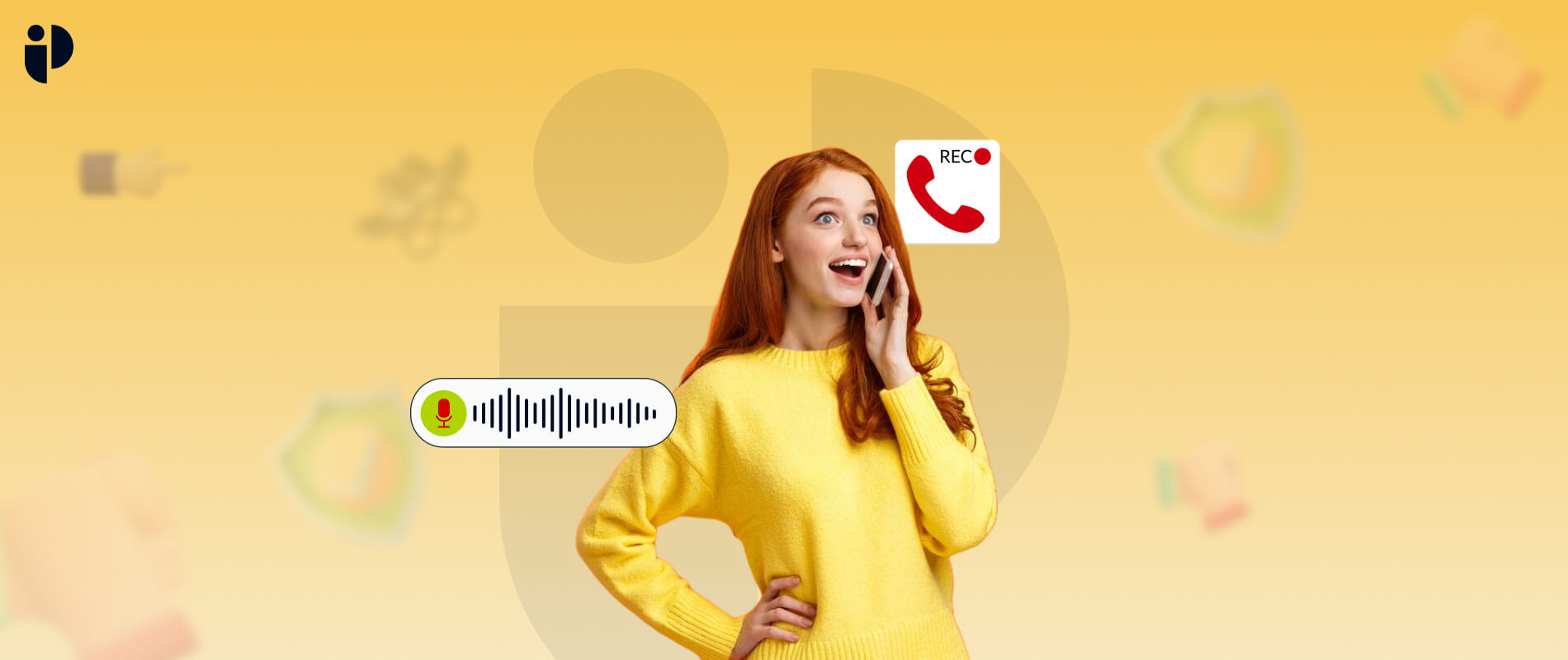Let’s be honest, parents, as well as kids, are addicted to cell phones. We’re living in a mobile-first world, where reliance on mobile devices has become a common part of life. From education to entertainment, cell phones have become a central medium for almost everything.
In the modern world, the word “app trap” indicates mobile app addiction. You must have seen your or someone’s child spending hours on a mobile game. Kids play mobile games with a passion to reach a higher level or unlock rewards. To some parents, it is just a casual screen time activity. But, in reality, kids being couch potatoes and glued to their screens is a serious matter.
This is what we call an app trap. Just like substance addiction, app traps make kids fiend to cell phone apps. And the withdrawal of such a habit is as immense as withdrawing a drug from the body.
In this article, we will discuss how kids-friendly cell phone apps lure children into spending hours and hours sticking to the screen.
App Traps – Here is How Kids-Friendly Mobile Apps Trap Children
Considering mobile phones and tablets a must-use device, app developers are creating mobile programs to lure the attention of users. These apps make them spend more and more time on a specific app.
The reason?
If you observe mobile apps these days, almost every one of them has a premium version. And to get the premium version, users have to pay money. Another reason is app monetization.
According to research, the video game market is expected to grow by 12% from 2023 to 2030.
The following are some psychological tricks phone app developers use to trap kids into playing mobile games all day.
One More Level or Session
Be it a kids-friendly mobile app or game, one more session creates a compulsion among kids to open specific apps again and again. Apps like Talking Tom or Candy Crush trigger the “do it again” sense among kids. The dopamine rush that comes with achieving the next level is another factor that keeps kids lured to mobile apps and games.
Eye-Catching Colors & Music
Kids-friendly apps have captivating colors and music that trigger the child’s attention. The fancy colors make them stick to the screen all day long. Moreover, the scene transitions play a crucial role in keeping kids engaged with the content. It is proved that scene transitions that take less than 3 seconds develop screen addiction among juveniles. The fear of missing out compels kids to stick to the screens.
Little Rewards
Mobile apps and games developed for kids hide little rewards in them. An extra feature, premium outfit, or ultra power, the reward-based motivation lures children to keep using a specific app. The app rewards not only take your child’s time but may ask your child to chip in some money to buy a premium feature. That’s how mobile apps make money. By offering discounts on premium features, mobile apps make children pay to get a reward of luxury. And that payment is transacted by parents’ accounts.
Competition
We all know about scoreboards. Well, mobile apps for kids also have things like a scoreboard or racetrack. Take the example of Candy Crush, where you’ll see who reaches the upper level and who’s behind you. The sense of competition drives kids to be at the top of the scoreboard. Kids try and try to compete with their opponents with good scores.
Notifications
In case your child forgets about opening a mobile app or game, the notifications will remind them what they’re missing. And sometimes these notifications are bogus. The mobile apps are smart, and they detect if their users have not opened the application in a day or so. Upon such a behavior, the apps start sending notifications to get their users to spend time on them.
Adverse Effects of Playing Too Much Mobile Games
Now, that we know how mobile apps trap children, it is important to acknowledge what dangers come with spending so much time on cell phones.
Mental Effects
Spending too much time on mobile screens makes kids addicted to phones and develops impulsive actions, behavioral problems, anxiety, and depression.
Physical Effects
With kids using cell phones all day, several health conditions like obesity, insomnia, back pain, stiff neck, and eyesight problems start to develop.
Emotional Effects
Mobile app dependence causes adverse emotional effects such as mood swings, avoidance of socialization, and stunted emotional growth.
How to Save Kids From App Traps?
In a digitalized world, keeping kids from gadgets is merely an oversight. Now that homework also depends on online resources, it is impossible to retain children void of digital devices.
Instead, parents can make a smart move.
And, that is the incorporation of parental controls on kids’ devices.
Parental controls help guardians control the digital space of their children with remote commands. So, in case, your child is playing a mobile game repeatedly or is always active on social media, you can just restrict the app usage on the go.
You must be thinking, how is this possible, right?
Parental control applications, like PegSpy, help parents take control of their kid’s device, allowing parents to manage the screen time of children. Parents can set screen time limitations and switch off their kids’ phones using parental control software.
The Final Words
App traps are real villains in today’s digital world. With cell phones becoming an integral part of our lives, it is becoming impossible for parents to deprive kids of digital devices. To keep kids safe from app traps, parents can use parental control software to manage the screen time of their kids. Along with screen time management, parents can also keep track of their kids’ phone activities on the go.





